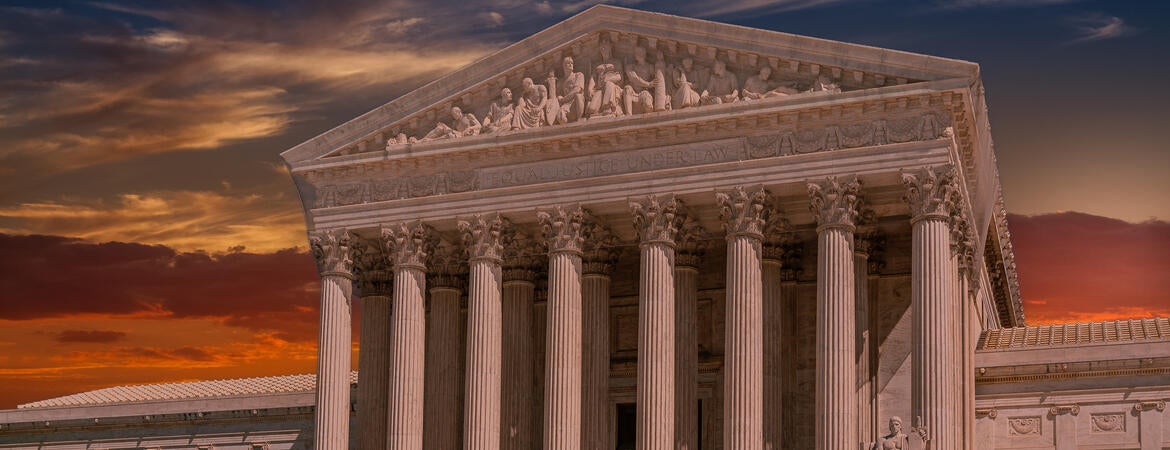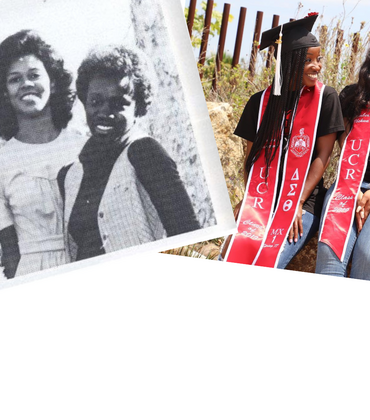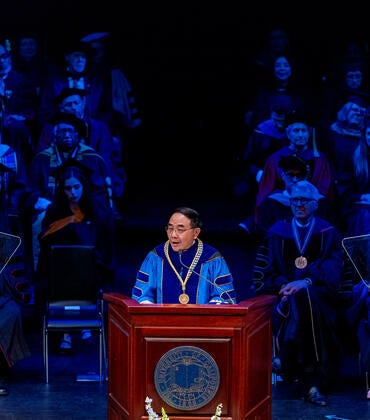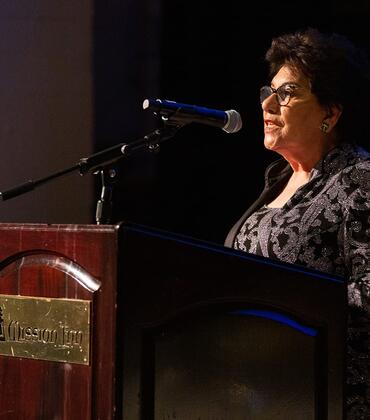
The United States Supreme Court on Thursday, June 29, struck down affirmative action, ending race-conscious admissions across U.S. colleges and universities.
The decision comes after the Supreme Court ruled to strike down affirmative action programs at the University of North Carolina and Harvard. Justices ruled that both universities violate the Equal Protection Clause of the constitution.
How does this impact UC Riverside? Emily D. Engelschall, UCR’s associate vice chancellor of enrollment services, provides insight:
Question: How will the SCOTUS decisions impact UCR?
Answer: Since the passage of Proposition 209 in the state of California in 1996, UC/UCR has been prohibited from considering race and ethnicity in our admission process, therefore we anticipate no immediate impact to our current admission policy.
We are still digesting the nuances of the decision and will partner with colleagues at the University of California Office of the President, Legal Counsel, the Board of Admissions and Relations with Schools, a systemwide faculty committee known as BOARS, and others as we all come to better understand information contained in the ruling that may impact how UCR implements our comprehensive review policy in the future. Still, diversity and inclusion remain core to UCR’s educational mission, and our campus will not waiver from this public commitment.
Q: What is PROP 209 and how does it impact UCR?
A: Proposition 209, the Affirmative Action Initiative, was on the ballot in California as a proposed amendment to California’s constitution in 1996. The proposition, which was approved, specifies that California cannot discriminate against or grant preferential treatment on the basis of race, sex, color, ethnicity, or national origin in the operation of public employment, public education, and public contracting. This is inclusive of our policies related to Undergraduate Admissions, which are governed by BOARS.
Since this measure passed by California voters, the University of California has been prohibited by state law from using race and ethnicity as a factor in deciding who will be granted admission to the University of California.
Q: Why didn’t PROP 209 affect private schools?
A: The language in Proposition 209 was specific to public entities, therefore leaving an opening for private colleges to continue to utilize affirmative action policies. The recent Supreme Court decision on the SFFA v. Harvard/UNC case now means that private colleges within California will be required to eliminate affirmative action policies if they are in place, which will bring them into alignment with the practices of public colleges within the state.
Q: UCR is a very diverse campus. How does UCR ensure a diverse campus while adhering to PROP 209?
A: Even within the constraints of Prop 209, as part of undergraduate admissions selection, UCR may choose to advance our educational goals, inclusive of diversity, by placing additional weight on a broad range of selection criteria, when making admissions decisions. For example, at UCR our comprehensive review process considers factors such as income level and first generation to attend college.
Although Proposition 209 prevents UCR from selecting students for admission based on race, gender, or ethnicity, the campus still has the ability to implement many effective strategies to build a diverse applicant pool as well as executing valuable yield programs for underrepresented communities once they have been admitted. Examples and additional information can be found in the “Guidelines for Addressing Race and Gender Equity in Academic Programs in Compliance with Proposition 209.”
Q: Are there populations that will benefit from the SCOTUS decisions?
A: Unfortunately, there are no winners as a result of this ruling. As a result of this decision the most adversely impacted are Black and brown students across the nation who have been historically marginalized as a result of educational and economic inequities. Additionally, students who don’t directly benefit from affirmative action policies will also be subject to the impact when their educational experiences are weakened as a result of increasingly homogenous student populations.
Q: Does UC/UCR have a legacy admission policy in place and if so, will the policy be eliminated?
A: Per a long-established UC Regents policy, UC forbids legacy admissions and does not grant preferential admission to the children of alumni or donors.



